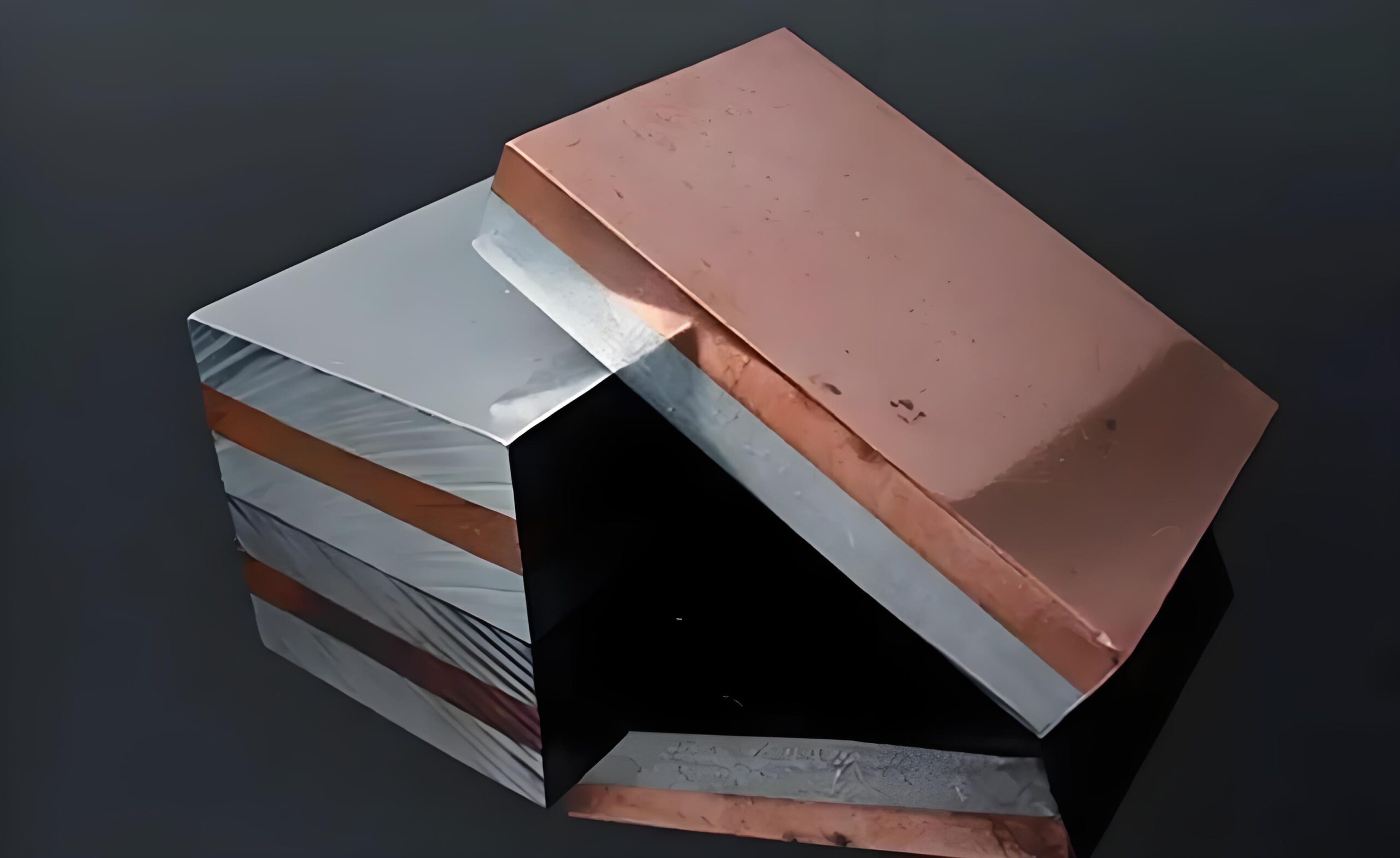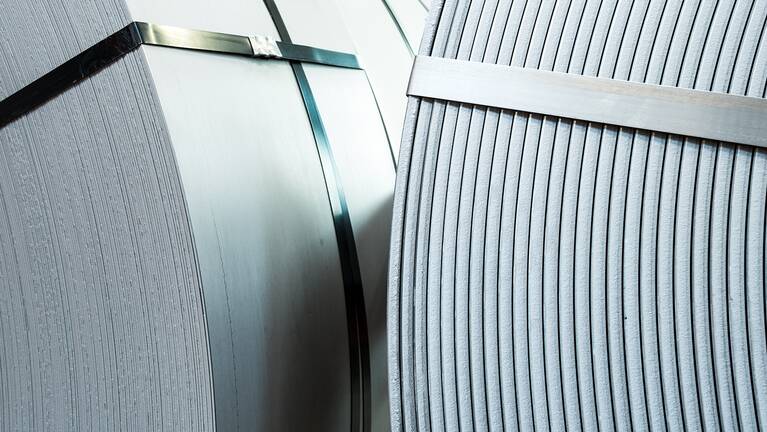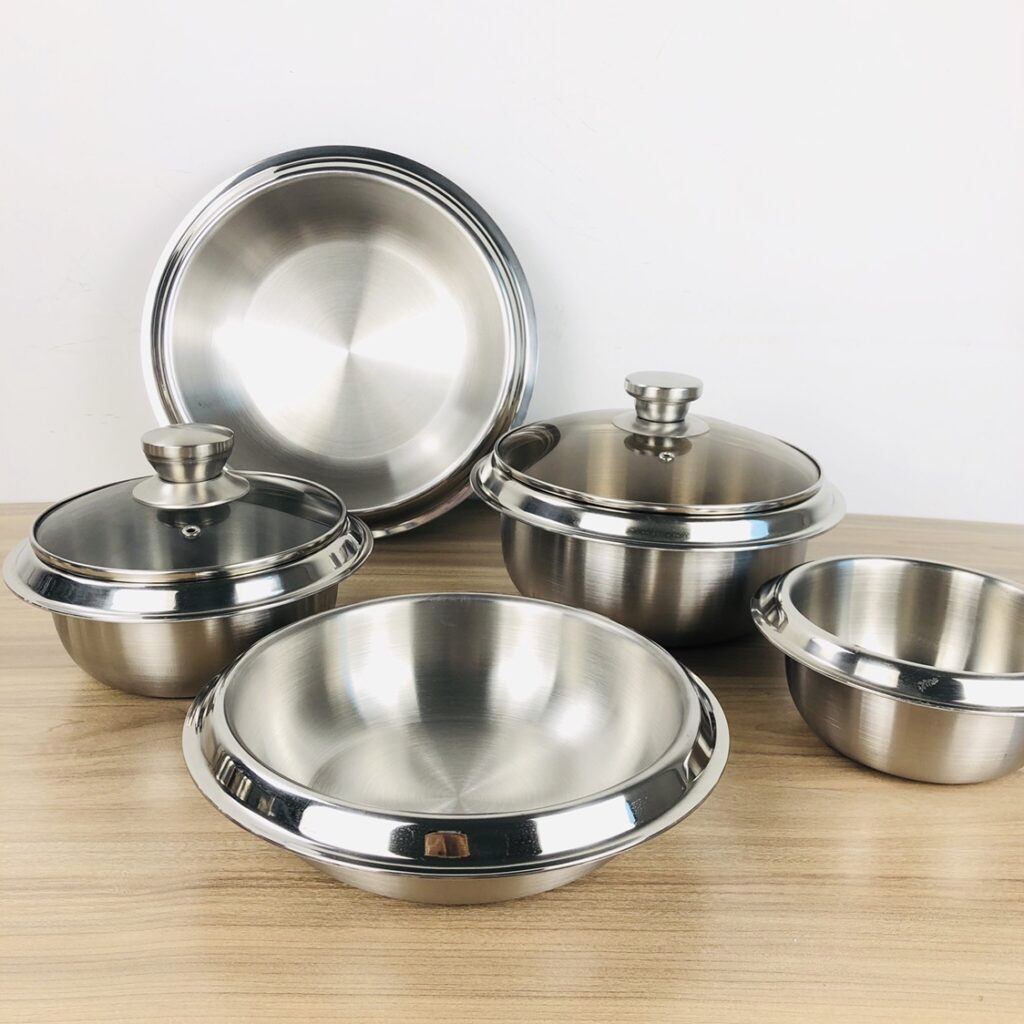Understanding Aluminium’s Function in Steel Composites
When it comes to the construction and manufacturing industries, the integration of different materials to enhance performance is crucial. One fascinating application of this principle is the use of aluminium in the middle layer of the three-layered steel composite structure. This multi-material approach is designed to leverage the strengths of each component for improved durability and functionality.
Benefits of Using Aluminium in Steel Layers
Aluminium serves several important roles when sandwiched between layers of steel. Primarily, it contributes to weight reduction without compromising strength. This is significant in applications where reducing bulk is critical for efficiency. Additionally, aluminium is highly resistant to corrosion, which can help protect the steel layers from environmental degradation.
The Impact on Performance and Longevity
Incorporating aluminium into steel structures not only enhances their mechanical properties but also optimizes thermal and electrical conductivity. This dual benefit makes aluminium a valuable component in applications ranging from automotive engineering to aerospace. Ultimately, the presence of aluminium in the three-layered steel design increases overall performance and longevity, making it an essential consideration in modern engineering.





